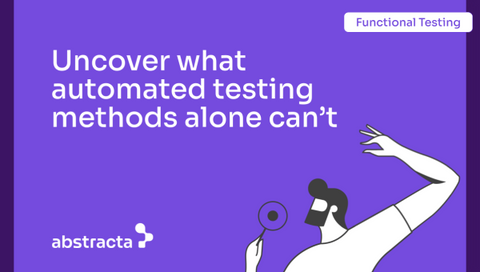Functional
Testing Services
For Real Coverage, Not Just Pass Rates
Expose bugs that automation misses. Our functional testing services go beyond scripts to validate critical user flows, business logic, and complex system behavior—before failures reach your users.
Do tests pass, but users still complain? Need speed without sacrificing quality?
We combine 17 years of expertise with creativity to find what’s truly broken.
Let's uncover what automated testing methods alone cannot.






















